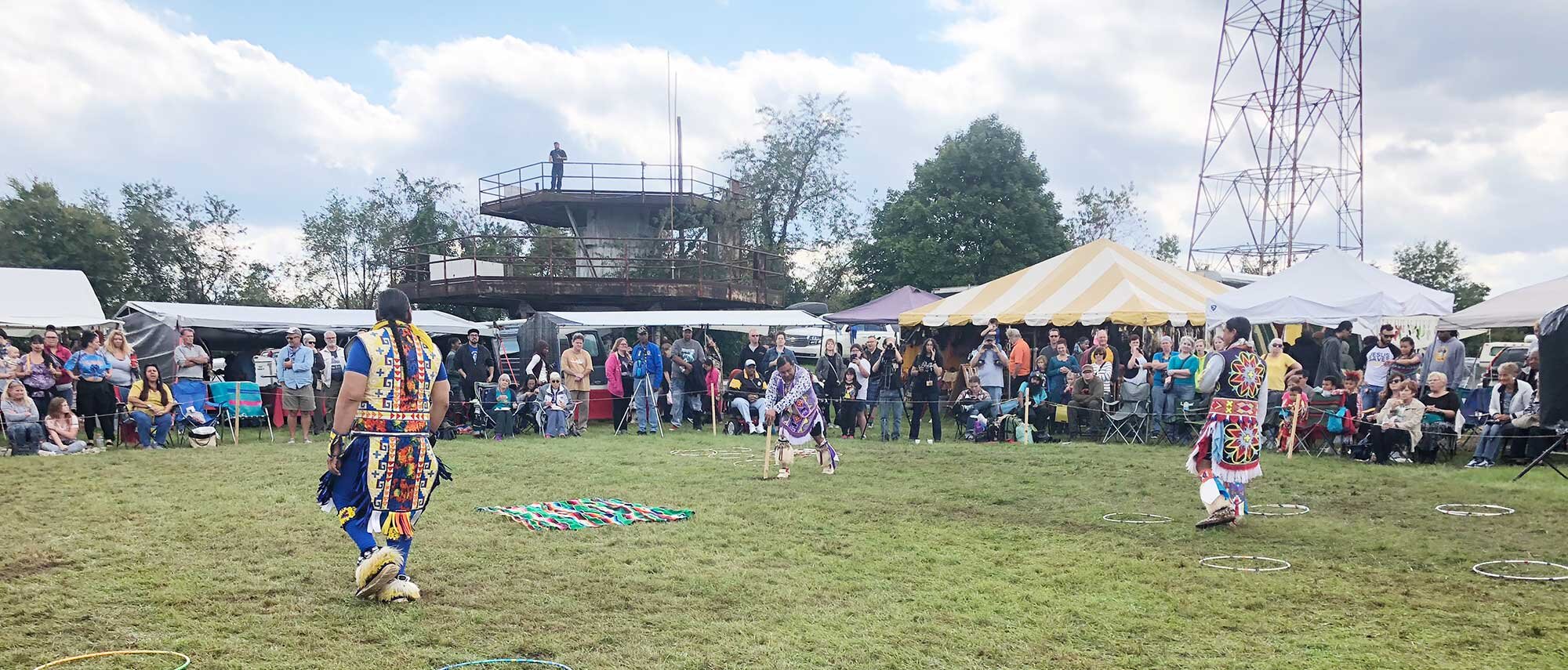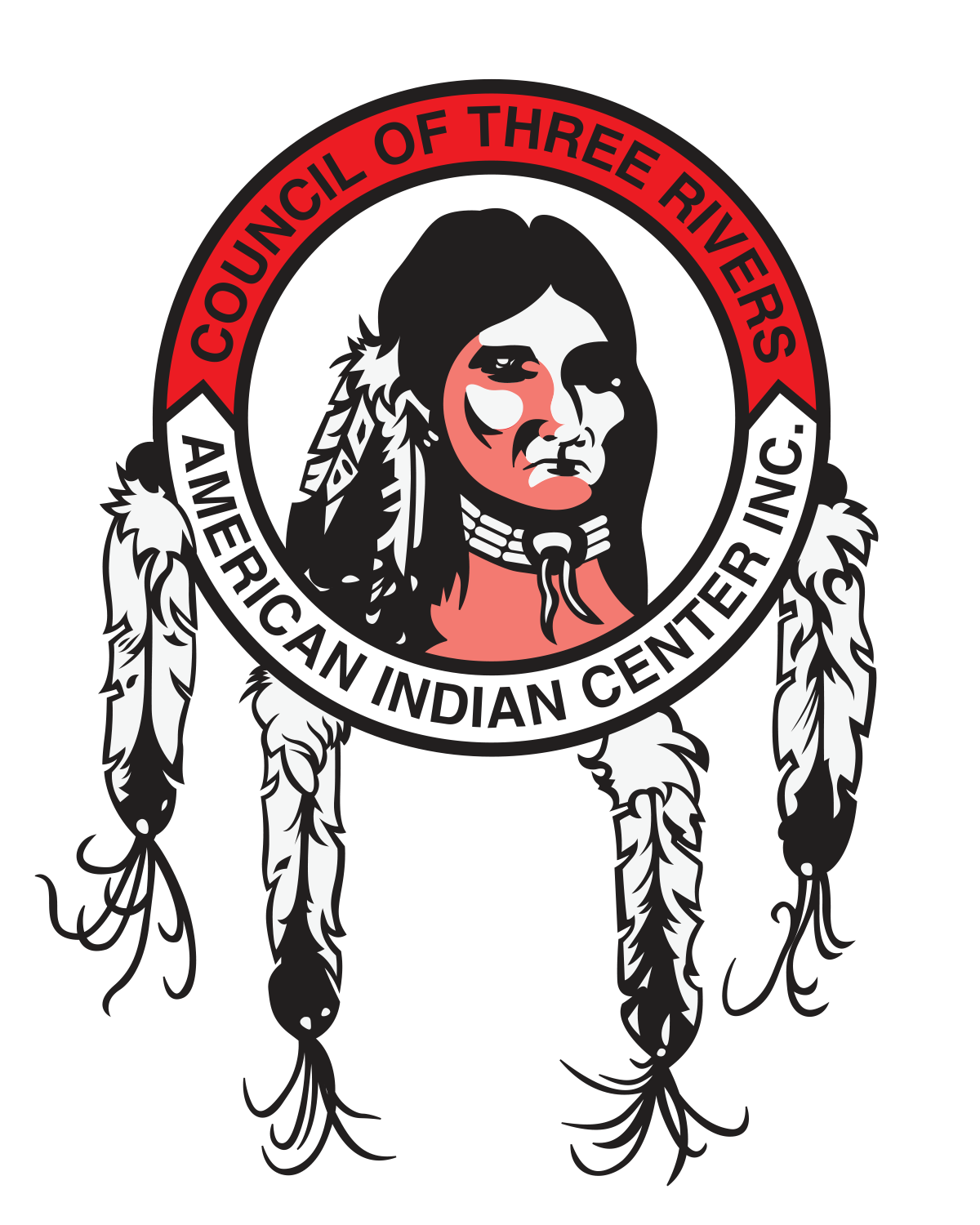About
Our mission is to promote the socio-economic development of the Native American community and others who experience similar types of economic difficulties in the Greater Pittsburgh metropolitan area.
The center is open to Native and non-Native people, with programs available to serve all.
History
The seeds of the Council of Three Rivers American Indian Center (COTRAIC) were sown in late 1969. In early 1970, when members of two Native American families met, they began discussing their situation, one which is common to all Natives: a sense of apathy, of "floating" in the mainstream population, being dispersed and isolated, denied native birthrights, discriminated against, deprived both culturally and otherwise, and of being looked upon as "others."
With few exceptions, this is the situation in which most Native Americans live, especially in the Eastern Untied States. Eastern Urban Natives face the additional challenge of being unjustly denied the benefits of programs run by the Bureau of Indian Affairs and the Indian Division of the Public Health Service.

Preserving Culture and Values
The founding members of COTRAIC felt the need to maintain a sense of our Native culture to recapture our roots, and become more conscious of our rights as Native Americans. The formation of COTRAIC was a way to preserve our culture and values, and to provide a place where other Native people would have that same opportunity.
Supporting Needs: Housing, Employment, Fellowship
Beyond addressing cultural concerns, the establishment of an Native organization attends to the more immediate needs of Native people: housing, employment, as well as the need and the right to be self-determining.
Although many Natives reside in Pittsburgh, Allegheny County, and the surrounding counties, no structure existed for Native Advocacy, communication, protection of rights or maintaining our cultural identity. Our people needed a place to call their own, where they could gather for fellowship and understanding without being judged, ridiculed, or harassed. It was agreed that if that need were to be addressed, it should be by the Native people themselves.
Incorporation as a Nonprofit Organization
In February 1972, we incorporated as a nonprofit organization under the laws of the Commonwealth of Pennsylvania.
COTRAIC has come a long way since 1972, growing from a grassroots group of Native families meeting in one another’s homes into a successful Native American nonprofit headquartered on 23 acres of land in Dorseyville, Pennsylvania.
Publications & Resources
-

Publications
Browse COTRAIC publications, including the most recent annual report.
-

Careers
Would you like to work for COTRAIC? Have a look at the available positions with the organization.
-

Policies
Review organizational policies, such as non-discrimination policies.
Board of Directors
Council of Three Rivers American Indian Center is governed by a Board of Directors, composed of professionals, former parents, Native Americans and concerned citizens from Allegheny County. They meet monthly to review and monitor agency programs as well as make policy and fiscal decisions. The administrative, operations, and fiscal staff are responsible for implementing Board policy. These staff members ensure compliance with all federal, state, and local standards as they apply to early childhood education and services.
Board Chairperson Nicholas Pashel
Board Officer Anne Arnold
Board Treasurer Naomi Bowyer
Board Officer Jason Allen
Board Officer Michael Wahlen
Board Officer Miguel Sague, Jr.
Board Secretary Barbara Atkin Ramsey, Esq.
Policy Council
Parent involvement in Head Start and Early Head Start, both in the classroom and in the administration of the program, is a cornerstone of its success. Policy Councils are integral to an effective Board of Directors.
Upcoming Events


